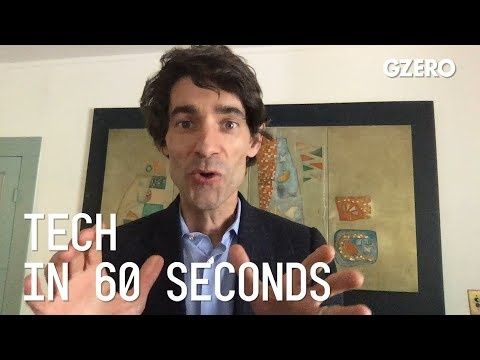
Nicholas Thompson, editor-in-chief of WIRED, discusses technology industry news today:
What are the concerns with facial recognition and will IBM's decision to no longer offer the tech mark the end of its use?
The concern is that the technology is racially biased. It's better at picking out white faces than black faces. Another concern is it could be abused by authorities like the police, who have a lot of power, they can immediately identify who everyone is. Will IBM dropping out end it? No, IBM was kind of far behind on this technology.
Has the technological decoupling between the US and China accelerated since COVID-19?
A little bit. But what's really happened is the political decoupling has gotten much worse. And over time, the political break will lead to a greater technological break.
As our work-from-home situations continue, has COVID-19 changed the workplace forever, even after the pandemic?
Yes, it will absolutely change the way we work in the near future. We'll have lines marking how close we can get to our colleagues. And in the long run, I think many more people are going to work from home and the whole nature of what an office means will change.